
Diet Plan for Weight Loss
Nowadays our lifestyle has become very poor and the same goes with our diet. The culprit of weight gain are refined carbohydrates which are found in processed foods high in sugar. Refined carbohydrates add on extra pounds through their high glycemic index, which causes high blood sugar levels. The sugar is then stored in muscles and if it is not used, it turns into fat. This program completely focuses on fat loss not just weight loss and helps your body to retain the muscles along with improving your lifestyle as well.

Diet Plan for Weight Gain
Are you struggling with your bony frame and failing to add the needed mass? This doesn't mean that you should go and eat a lot of junk foods. You should gain the right type of weight and to achieve that you must stick with nutritious foods. Weight gain can be a time-consuming process, but you must be patient and practice it correctly. Our aim is to put on weight in a healthy manner, not to add unhealthy kilos so you should focus on eating food, but at the right time and in the right quantity.
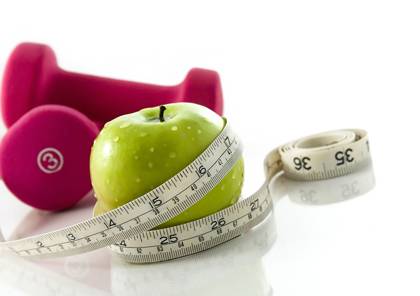
Diet Plan for Weight Management
Weight management is the process of adopting long-term lifestyle changes to maintain a healthy body weight as per the person's age, sex and height. Eating a healthy diet and increasing physical activity levels are the methodology of weight management. Weight loss, weight gain or managing same weight, all depends on how many calories you eat and how many calories your body uses over time. If you eat more calories than you use, you will gain weight; conversely, if you eat lesser calories than you use, you will lose weight. Effective weight management strategies consider not only weight loss but also the maintenance of a healthy body weight over time. Moreover, weight management involves an understanding of meaningful ways to track weight over time and set ideal body weight for different individuals.
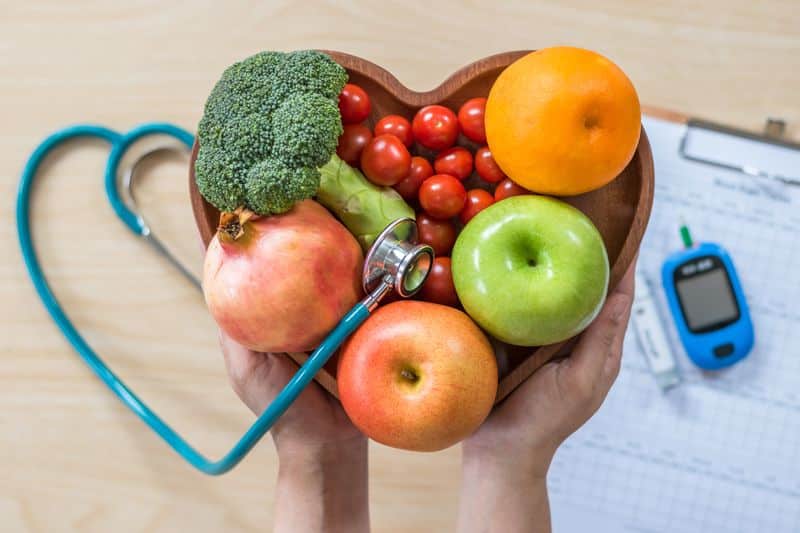
Diet Plan for Diabetes Management
Most of the people with type 2 diabetes are overweight or obese. It adds pressure on their body's ability to use insulin to properly control blood sugar levels and is therefore more likely to develop diabetes. In diabetes, the management of diet becomes necessary. We ensure that you get proper diabetes care through the diet plan and lead to a healthy life.

Diet Plan for Hypertension
Higher pressure on the artery walls increases BP (the blood pressure). Overweight can raise the heart rate and reduce the body's ability to transport blood through the vessels. Hypertension (high blood pressure) refers to the pressure that blood applies to the inner walls of the arteries. The DASH diet is a lifelong approach to healthy eating that's designed to help treat or prevent high blood pressure (hypertension). The DASH diet encourages you to reduce the sodium in your diet and eat a variety of foods rich in nutrients that help lower blood pressure, such as potassium, calcium and magnesium. Our program provides a DASH diet to help you in maintaining your blood pressure.
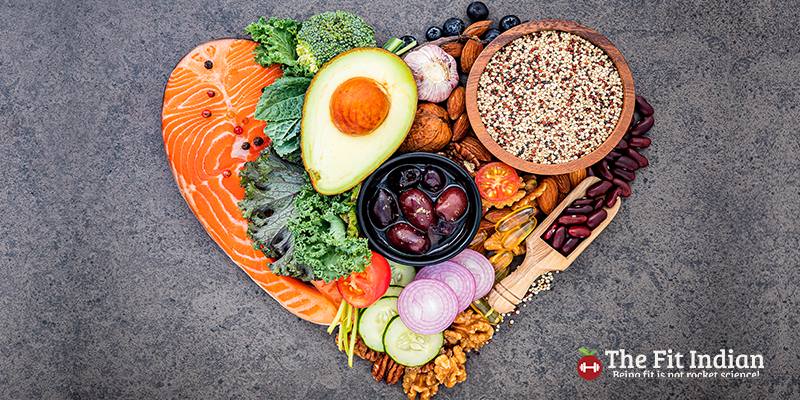
Diet Plan for High Cholesterol
People with problems like overweight or obesity, high blood pressure, type II diabetes and smoking habits causes high cholesterol values which will need treatment with medication. However, if following a risk assessment, the individual is believed to be at a lower risk of developing complications from high cholesterol and following a healthy diet and performing a regular exercise is usually sufficient. Medication may not be required in such a situation. We give you a diet plan to manage your cholesterol which also helps in weight loss.
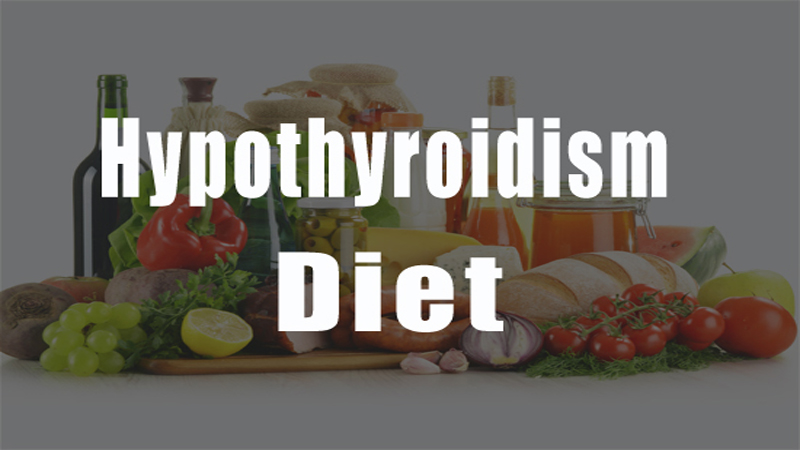
Diet plan for hypothyroidism
The thyroid gland is a small, butterfly-shaped gland that sits near the base of your neck. Thyroid hormones are very important as they help to control growth, cell repair, and metabolism. Patients with an underactive thyroid tend to have a very low BMR (Basal Metabolic Rate), one of the most noticeable symptoms of hypothyroidism is weight gain and difficulty losing extra pounds. The most important thing to make dietary changes along with proper medical treatment may help boost weight loss success in hypothyroid. A diet high in healthy fats, adequate proteins, and moderate- to low-carbohydrates is best for thyroid functioning. We assist you in fixing your thyroid issue through diet.

Diet plan for Gastric Issues
People with certain attitudes toward eating or with preferences for fatty food, fast food, junk snack food, fried food, and hot/spicy food show higher chances of getting gastrointestinal (GI) symptoms i.e. constipation, acidity, IBS (irritable bowel syndrome). Females are found to be more prone to this condition, as compared to males. It can be caused by various factors i.e. Dairy products, foods high in fat and sugar, lack of high-fiber foods. A lack of exercise and eating too much junk food can weak your digestive health. The food we eat does not get eliminated, but gets blocked in the intestine, causing weight gain. Constipation may also cause water retention, which causes weight gain. So, we are here to provide the diet which prevents gastric issues. Gaining knowledge, identifying the root cause and addressing the issue in a timely manner can help you prevent this major issue and related complications in the future.

Diet Plan for Energy Enhancement
Many people feel tired or rundown at some point during the day. A lack of energy could affect your daily activities and make you less productive. The type and quantity of food you eat play essential roles in determining your energy levels during the day. If we don’t get appropriate nutrition from food, we suffer from sub-optimal cellular energy metabolism which makes us feel tired and sluggish. Our program includes a diet which gives you enough energy, so you are always energized and never feel low.

Diet Plan for Healthy Digestion
The digestive tract plays a vital role in your health, as it’s responsible for absorbing nutrients and eliminating waste. Unfortunately, many people suffer from digestive problems like bloating, cramping, gas, abdominal pain, diarrhea and constipation for a variety of reasons. If these problems continue for long, can put you at risk of more severe digestive issues. However, even a healthy person can experience digestive problems due to things such as lack of fiber or probiotic-rich foods in their diet. Fiber-rich foods, such as whole grains, dark green vegetables and chia seeds, also play a role in digestion by helping food move through your system more easily or quickly.

Diet Plan for Body Detoxification
This is fact that your body also stores toxins in your fat. If our digestive and detox pathways are not functioning properly, these toxins find their way from the liver to the blood, fat cells, and brain, where they can store for years, and lead to some other health or medical condition. Whether you want to lose weight or you simply want to look and feel healthier, one of the best ways is to get rid of harmful toxins in your body. Our program helps in eliminating toxins and improve your body’s absorption power. We provide you a detoxification program along with weight loss package.

Diet Plan for Healthy Liver
Your liver is the ultimate multitasker organ which acts as a filter to remove toxins (like medications and alcohol) and nutrient byproducts such as ammonia from the blood. It aids in digestion by producing bile to help break down fat and absorb fat and water-soluble vitamins and minerals. It plays a vital part in regulating glucose, blood pressure, blood sugar, insulin, estrogen, testosterone, immunity, and blood cholesterol production and removal. Obesity is also associated with liver damage. When fat deposits to build up in the liver, a condition called fatty liver occurs. Almost all heavy drinkers tend to have develop this condition, but non-drinker too can have this problem especially amongst people who are overweight or have Type 2 diabetes. Our diet incorporates some healthy foods that are natural and keep your liver functioning at its best.

Diet Plan for PCOS / PCOD
PCOS or Polycystic Ovarian Syndrome is the most common endocrine disorder affecting women. This condition is marked by irregular periods or by no menstruation at all. Women with PCOS typically have multiple cysts in their ovaries, caused by an overproduction of hormones called androgens. This condition leads to weight gain or difficulty losing weight, an irregular menstrual cycle, Infertility and acne. Women with PCOS are often found to have higher than normal insulin levels and a diet high in refined carbohydrates, such as starchy and sugary foods, can make insulin resistant. High-fiber foods can help in fighting with insulin resistance by slowing down digestion and reduce the level of increased blood sugar. At DietShell we guide you about right eating which helps you in combating PCOS.
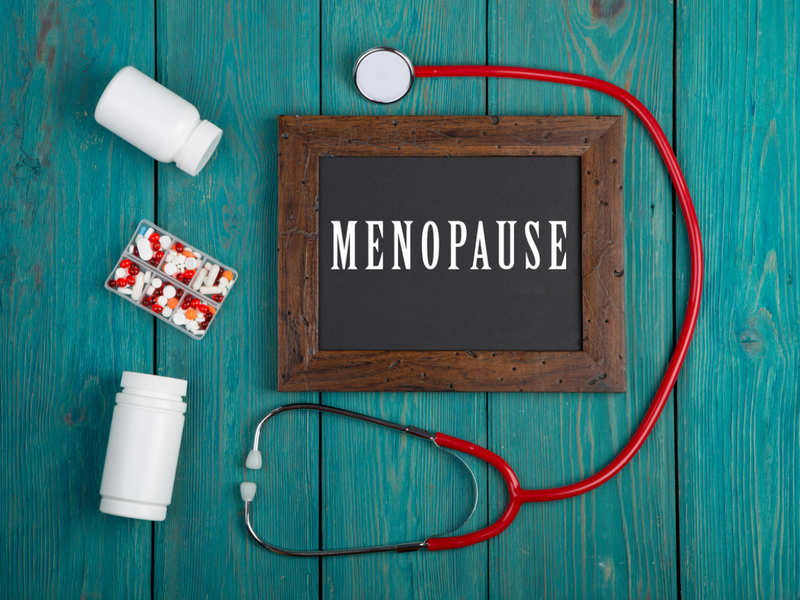
Diet Plan for Menopause Management
As women age, their ovaries produce less estrogen and progesterone, two of the main hormones for reproduction. As estrogen levels go down, one of the first signs of "menopausal transition" is irregular periods in which bleeding is unusually heavy or light and the time between periods also may become longer. Common symptoms include hot flashes, night sweats, weight gain around the belly, sleep disturbances and mood swings. However, some women go through menopause with no real symptoms. Due to lowering hormone levels and the natural aging process, many women find it harder to lose extra pounds in their age of 40s and 50s. Foods such as vegetables, fruits, whole grains, low-fat dairy products and lean protein foods contain the nutrients you need without too many calories.

Diet Plan for Pregnancy (Trimester wise)
Right nutrition or diet becomes vital during pregnancy because your baby’s growth and development is completely dependent on your diet. The term “eat for two” is not true during pregnancy. Eating during pregnancy doesn’t mean overindulgence, but it means that you consume a wholesome, balanced diet to meet the increased nutritional requirement as during that phase, nutrient requirements become increased for a pregnant lady. A compromised diet during pregnancy can lead to inappropriate weight gain, multiple nutrient deficiencies along with pregnancy complications in mothers. Diet plan is really needed trimester wise as each trimester has their different nutrient demands for the baby and the mother. Our program provides best diet plans trimester wise during pregnancy which helps in protecting inappropriate weight gain.

Diet Plan for Lactation
Lactation phase raises nutrient needs, mainly because of the loss of nutrients, first through colostrum and then through breast milk. The nutrients present in this milk come from the diet of the mother or from her nutrient stores or reserves. The conversion of nutrients in food to nutrients in breast milk is not complete. If you want to have good nutritional status, breastfeeding woman has to increase nutrient intake. A mother whose diet is deficient in Thiamine and vitamins A and D, produces less of these in her milk. The mother should be given advice on consuming a mixed diet. As a mother, you will also benefit from these natural phenomena as it will help you in getting rid of the fat tissues (stored during pregnancy) by using this fat as a source of energy to produce milk. Your body will not only store fat during pregnancy to use in breastfeeding but will also store other important nutrients such as proteins which are important for milk production and quality. That’s why it is so important to get a varied, healthy balanced diet during both pregnancy and breastfeeding in order to get all the needed nutrients.
Diet Plan for School Going Students
Lifelong health and nutrition begin at an early age. Developing healthy eating habits can help you grow and develop into a strong, healthy adult. Poor nutrition can lead to eating disorders, obesity, sexual maturation delays and delay in reaching your full height potential. There are so many unhealthy meal choices available in the market. In that case it becomes important to abstain those food items which are high in calories and fat and need to show concern about maintaining a healthy, well-balanced diet. Iron is especially important for females once their menstrual cycle begins because the blood iron levels become low during the monthly period.
Diet Plan for Elderly
As people grow older, their nutritional needs change, including their caloric, vitamin and mineral requirements. Injuries, medical conditions, tooth loss and the lessening of the abilities to see, smell, taste and hear can all make it harder for elderly individuals to meet their nutritional requirements. Older individuals are more likely to be deficient in certain nutrients, and they need to make an effort to meet the RDA for these nutrients. Nutritional well-being and the enjoyment of food plays an important role in the quality of life in older adults. A healthy, well balanced diet can enable older adults to live a healthful, enjoyable life by lessening the risk for chronic disease, slowing the progression of a disease and reducing disease symptoms.

Diet Plan for Gluten Intolerance
People with celiac disease are gluten intolerant. It is an autoimmune disorder in which the body treats gluten as a foreign invader. The immune system attacks the gluten, as well as the lining of the gut. Due to this the gut wall may cause nutrient deficiencies, anemia, severe digestive issues, and an increased risk of many diseases. In this diet, people should eat mainly healthful whole foods, as most whole foods are naturally gluten-free and avoid processed food, cereals, and grains that contain gluten.

Diet Plan for Hair & Skin
A balanced diet is a key to being healthy inside and out, and specific macronutrients, vitamins and minerals can provide essential nutrients for healthy hair and skin. There are nutrients such as protein, healthy fats, iron, zinc and antioxidant vitamins essential to glowing, well-hydrated skin and strong and healthy-looking hair. You just need to understand how these nutrients help.